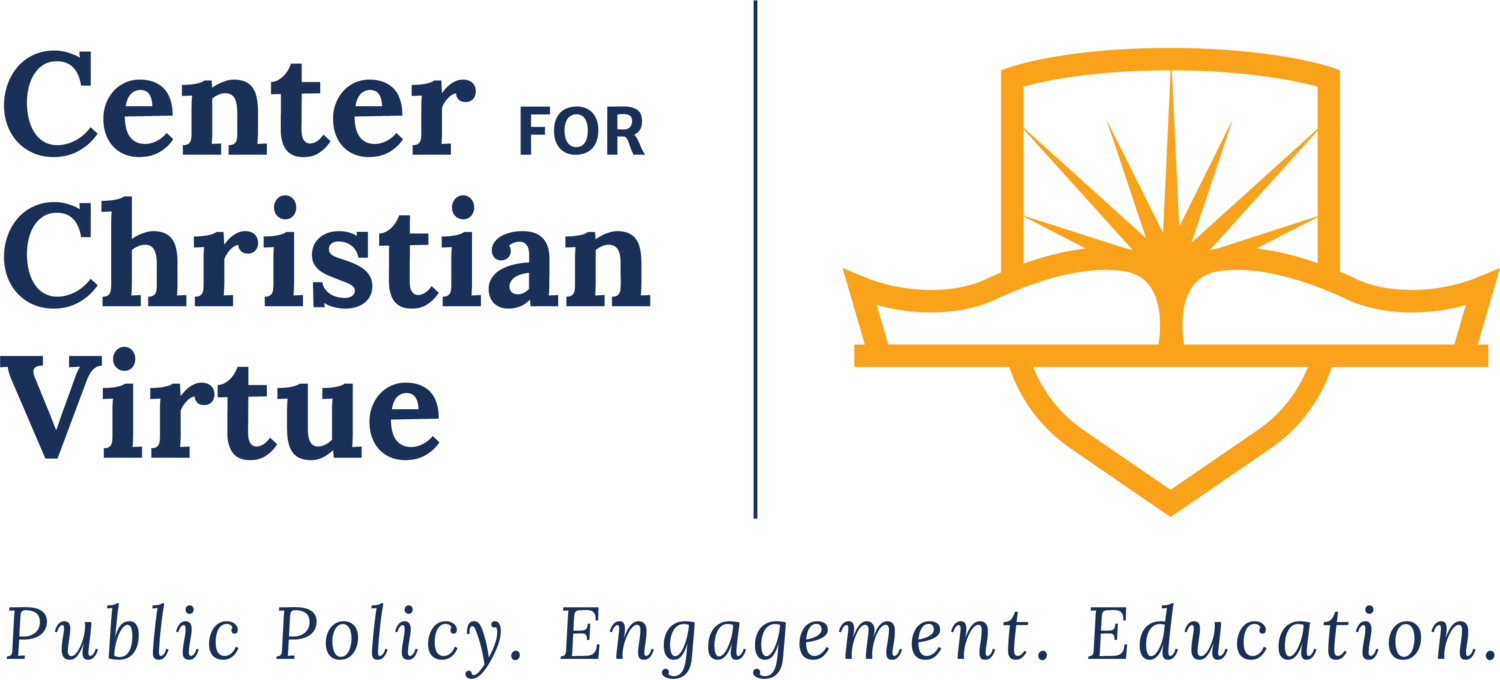Correcting the Lies About the Student Religious Liberties Act
COLUMBUS - You may have seen the shocking headline of the Cleveland.com article earlier this week about the Student Religious Liberties Act of 2019 (HB 164) that read "Ohio lawmakers clear bill allowing students to turn in inaccurate work in name of religion - second anti-science bill in a week." Beyond the erroneous headline, the article itself also contained numerous inaccuracies.
While the story has since been corrected, the damage didn't stop there. Several other news sources had already picked up the Plain Dealer article, including WKRC, Fox News, and the Washington Examiner, among others.
"A lie can travel half way around the world while the truth is putting on its shoes."
Attributed to Mark Twain, the adage is painfully accurate.
In light of this, CCV has broken down some of the myths being spread:
Myth: HB 164 will allow students to submit inaccurate classwork in the name of religion.
Fact: This is wholly inaccurate and has no basis in the legislation. HB 164 does not create any new religious rights; it only clarifies what the courts have consistently maintained in regards to religious expression in public schools.
If, for example, a class is being tested on the Theory of Evolution, all students, regardless of their religious beliefs, must demonstrate an understanding of the Theory of Evolution. Under HB 164, A Christian or Jewish student would still not be allowed to say “my religious texts teach me that the world is 6,000 years old, so I don’t have to answer this question.”
What HB 164 would allow, for example, is if students are assigned to write a book report on any book of their choosing, they cannot be penalized for picking a religious text, as long as they fulfill the requirements of the assignment. Some students may pick Markus Zusak’s The Book Thief, J.K. Rowling’s Harry Potter series, or J.R.R. Tolkien’s The Hobbit. Other students may choose to write their book report on The Book of Job from the Bible. Again, as First Amendment jurisprudence already dictates, if the student writes the book report in a way that fulfills all the requirements of the assignment, HB 164 ensures that the student who picked the Book of Job cannot be penalized merely for picking a religious text.
Myth: HB 164 will allow students to disrupt class time in the name of religion.
Fact: No. HB 164 explicitly says:
A student enrolled in a public school may engage in religious expression before, during, and after school hours in the same manner and to the same extent that a student is permitted to engage in secular activities or expression before, during, and after school hours.
This is currently the constitutional standard, and HB 164 affirms that religious expression and nonreligious expression must be treated equally. Just as a student cannot interrupt class to sing Phil Collins’ In the Air Tonight, they cannot interrupt class to sing John Newton’s Amazing Grace.
Myth: HB 164 creates new rights for religious students.
Fact: HB 164 does not create any new religious rights. It explicitly clarifies for Ohio public schools the existing religious protections for all religious students. As Ohio grows into a more diverse state, it has become clear that many teachers and school administrators do not understand what the First Amendment protects and prohibits. HB 164 provides clarity that Muslim, Jewish, Christian, and students of any other faith – or no faith at all – do not surrender their religious freedom rights merely because they are attending a public school.
Want to stop the spread of lies and misinformation? Click below to view a printable and downloadable PDF of the HB 164: The Ohio Student Religious Liberties Act of 2019 fact sheet.

